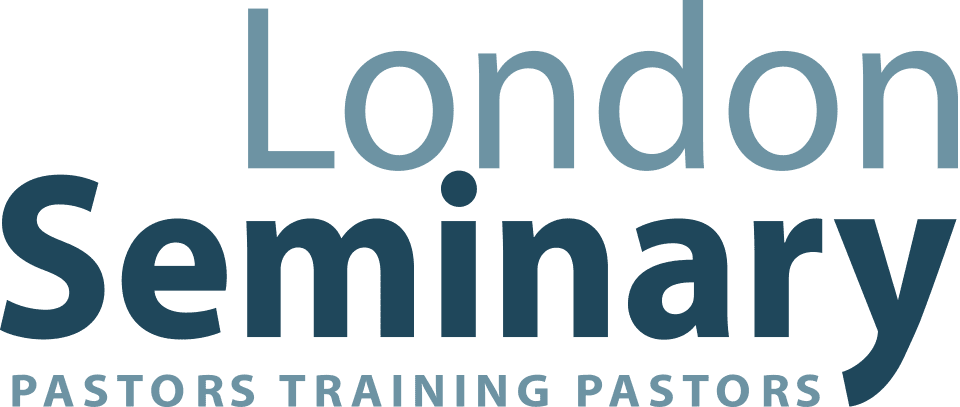Marsh Moyle, Rumours of a Better Country: Searching for Trust and Community in a World of Moral Outrage (London: IVP, 2023). 272pp. £19.99. ISBN: 978-1789844575.
Over Christmas, The Spectator carried an article originally titled ‘The New Theists: Can Christianity meme itself back into relevance’. The theme of the piece was that thinking people are considering religion again. They are doing so, not because they think it is true, but because ‘it is useful, and that Christianity made the West successful’.[1] The article speaks of Western civilization being under threat now from Putinism, Islam and woke ideology ‘which is eating into the moral fibre of the next generation’. It quotes Ayaan Hirsi Ali, a Somali born, Dutch-American advocate of human rights, saying ‘The only credible answer I believe, lies in our desire to uphold the legacy of the Judeo-Christian tradition’. Her Unherd article, ‘Why I am now a Christian’ has the strapline, ‘Atheism can’t equip us for civilizational war’.
With this background the recent publication Marsh Moyle’s, Rumours of a Better Country’[2] seems very timely and I want to commend it to pastors.
Imagining how it could be
Marsh is now with L’Abri in Greatham, Hampshire, but for many years worked in what was then Czechoslovakia, in both communist and post-communist times. He is almost uniquely equipped to speak about what it is like for people to imagine a better country. He was there when communism crumbled and freedom came in 1989. When that happened, people began to dream about what might be possible.
As they see the values of the old West under threat, some ‘new atheists’ are considering the kind of society we are becoming and what we have lost. As they and others begin to yearn for a better and more stable society Marsh points us to God, and interestingly to the Ten Commandments. But this is far from a pedestrian and boring exposition of the Decalogue. It is a book which speaks with artistry and captures the imagination.
Café Now and Not Yet
The book opens by taking us to a fictitious Eastern European café on a drizzly night where people, some of whom have lived under dictatorship and oppression, have deep and thoughtful conversations about what a ‘good land’ would look like. ‘In a better country the freedom to be unique and yet in deep communion with others should not be an either/or choice. Instead, it is both/and, a dynamic tension held together continuously by trust.’ (49) ‘Formerly enslaved people have thought patterns to unlearn but few models from which to learn.’ (51) Comments emerge as the customers contemplate a sculpture like the ten fingers of cupped hands around a light. What would it take for people to be open with one another and yet feel safe?
The current idea in the West is that restraint on individual free choice is not freedom. ‘But does a perspective from the self give a broad enough perspective for life? The view from “my perspective” is too limited to develop trust. My desires alone are an unfaithful witness to reality.’ (52)
The issue of trust, honoured and well-placed, becomes a key issue for creating a better land. Trustworthiness as a character trait of the person is central. This is where the Ten Words speak most profoundly: ‘The Decalogue is as much an expression of [God’s] character as it is a call to behaviour. It points to a goodness that makes absolute power safe.’ (57)
Tasting the 10 Words
From here readers are taken into a series of insightful meditations on the Ten Commandments. I can only give you a taste. Word 1: ‘Submission to God as supreme authority enables each person to stand up with equal dignity besides all others’ (66). ‘The first word is an invitation from the source of life to enter reality; draw near, allow no substitute’ (73). Word 2 delves into the relationship between reason and imagination. Word 3: ‘The name of God is the first word in the universe, from which all other words derive their meaning’ (92). Word 4: ‘Sabbath is a call to dwell in time with eternity in mind. I have to believe that our natural home is in the eternal’ (135). Word 5 becomes a rich discussion on the relationship between individualism and community. The West, groomed in individualism fails to understand the Middle East with its more community directed culture. Word 6 discusses murder and reconciliation: ‘One customer suggested that it’s not the work that burns us out, but relationships’ (165). Word 7: ‘A better country is one where people are valued for their existence as human beings and not for what might be extracted from them’ (170-71). Word 8 discusses theft, including the stealing of our imaginations: ‘Our modern consumer culture buys its culture and no longer creates it’ (186). Word 9 is ultimately about protecting the integrity between perception and reality. How much a digital world needs to think this through! Word 10: ‘Negatively the tenth word addresses the temptation to empower ourselves by disempowering others’ (211). ‘Covetousness is the inversion of love’(214). ‘The ultimate act of covetousness is cannibalism’ (215) – this is to obtain for ourselves the victim’s life-force. Here are the essential parameters for a better world.
The final chapter of the book deftly exposes our failure to match up to these right- and community-building commandments and therefore of our need of the Saviour, Jesus Christ.
Safe boundaries
Many contemporary churches, even of a Reformed persuasion, in a right but overbalanced desire to protect justification by faith alone, have unfortunately more or less ditched the Decalogue. They do not see it as the NT book of James does: ‘the perfect law that brings freedom’ (Jas 1:25). They no longer see the law as spiritual (Rom 7:12, 14). They no longer regard the law of God the way J. I Packer did: ‘The Rule of Holiness is God’s Revealed Law’.[3] But the Ten Commandments are actually the boundary markers of the safe space of the Christian life which is to be filled with love: ‘Love does no harm to its neighbour. Therefore, love is the fulfilment of the law’ (Rom. 13:10).
Yes, let’s have emotion and affection within the churches, but guided by principled behaviour rooted in the Decalogue. Only then will the church be ‘a city on a hill (that) cannot be hidden’ (Matt 5:14).
Our godless peers have begun to realise that secularism isn’t working. They are beginning to see that the values they most cherished about the West grew out of Christian faith. Some have begun to opt for the old but failed heresy of Liberalism—that you can have Christian behaviour and Christian values apart from Christian doctrine. But Christianity is not just pragmatically useful. It works for society precisely because it is the truth. The churches need to teach and live this out and I believe Marsh Moyle’s book could be a great key in helping the churches to do that for a world in flux. A better country beckons.
[1] This is the recycling of an argument used by humanist Julian Huxley before WWII as I recall
[2] Rumours of a better Country: searching for trust and community in a time of moral outrage, by Marsh Moyle, IVP, 2023.
[3] Keep in Step with the Spirit, J I Packer, IVP, 2005, page 92-93





